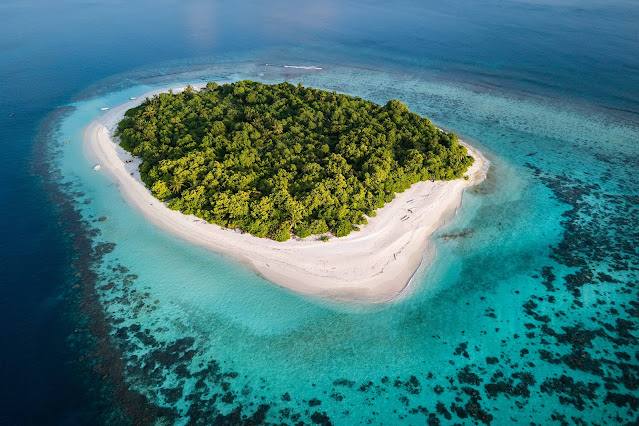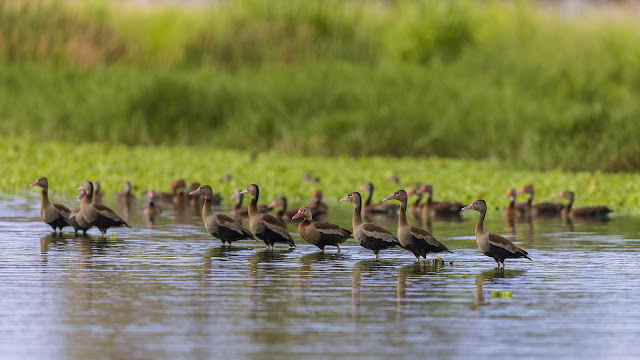The Latest Research from the Ocean

Although the ocean occupies more area than the land, land-based species are impacting the ocean in untold ways. Dr Anjani Ganase looks at some findings from current research in ocean science. Deep ocean impacts from hurricanes Scientists from New Zealand discovered that some cyclones in the Pacific Ocean may leave behind a biological marker in the ocean that is stored in the sediments of the ocean. Scientists observed a large phytoplankton (micro-organisms living suspended in the water) bloom following Cyclone Oma off the coast of Vanuatu. Cyclones form as the ocean surface heats up. The cyclone cools any area in its path by churning up the water and at times even drawing cold and nutrient rich waters up from the deep. The phytoplankton take the opportunity to feed on the nutrients and multiply. In nearshore environments, cyclones ejected large amounts of water over land masses resulting in significant run off of land-based nutrient that results in algal ...



